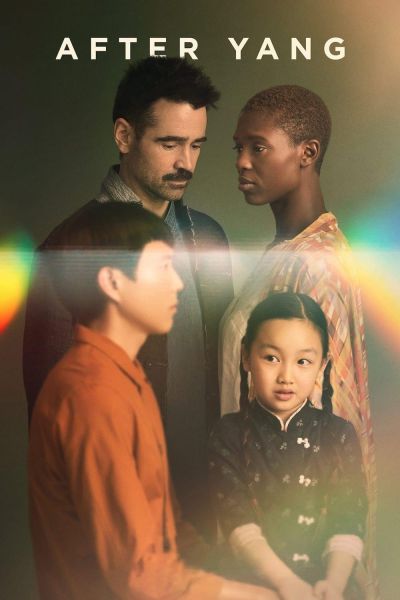
After Yang
Given its premise — an interracial couple tries to repair the malfunctioning robotic child that they bought to help their adopted daughter connect with her Chinese heritage — After Yang could have easily been a maudlin, overly-dramatic “issues” film. It does touch on big issues: the challenges of transracial adoption, the fleeting nature of memory, the responsibility humans have to their technology. (Believe it or not, that last one brought to mind Ghost in the Shell.) But “subdued” and “muted” are the operative words for After Yang; there are no big cathartic “Hollywood” moments when a character (and by extension, the audience) has a big moral epiphany. At times, the film is almost too subdued, from the performances and sparse dialog to the languid pacing. (It is, however, uniformly gorgeous to watch, thanks to Benjamin Loeb’s cinematography and some luminous visual effects.) But that allows After Yang to develop a deeper emotional resonance that took me by surprise at times, and forces the viewer to really consider what happened. Back in the day, I used to run a film discussion group at my church; After Yang would be a perfect film for such a group to watch, discuss, and reflect upon.